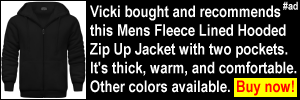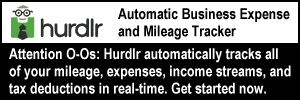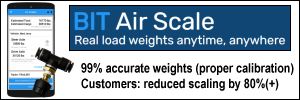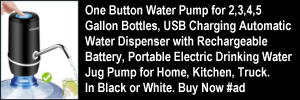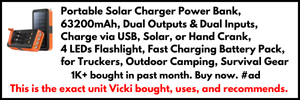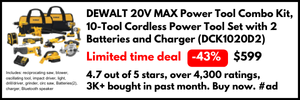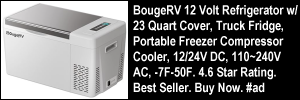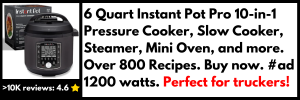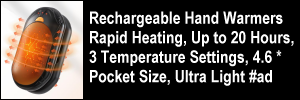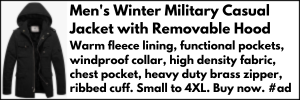The statistics we have read say that there over 500,000 trucking companies in the United States.(1)
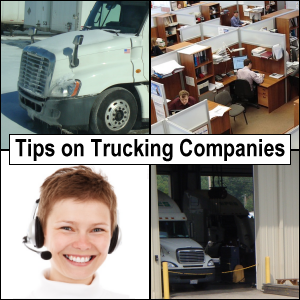 Since there are so many, how do you know which specific trucking company to apply to and work for?
Since there are so many, how do you know which specific trucking company to apply to and work for?
We’ve compiled a list of twelve factors that may affect a professional truck driver’s decision on which company to go to work for.
Hiring Area
 First, a professional driver can go to work only for businesses that hire drivers in his or her area.
First, a professional driver can go to work only for businesses that hire drivers in his or her area.
Besides our team driving experience and Mike’s work as a local truck driver, Mike has driven regionally for two different freight hauling companies.
Please note that a business’s hiring area is not necessarily indicative of home time, even if the business advertises to get drivers that live within the area “home weekends.”
Experience Requirements
Second, trucking companies always ask about professional driving experience, such as the amount of “verifiable OTR driving experience” within the last 2-3 years.
When we graduated from truck driver training school, we were hired as a team by Swift.
From entry level (aka “rookie”) status, we learned the ropes of the trucking industry and got more than a year of driving experience (including two all important winter driving seasons) before looking to hire on elsewhere.
Many trucking companies won’t even look at drivers until they have at least a year of experience.
Others require 2, 3 or even more years of driving experience as a pre-requisite to being hired.
When Mike wanted to be re-hired by Epes (after having been out of trucking for four years), the company’s requirements would not allow him to be hired until he had recent truck driving experience.
Schneider hired him based on how well he did on his company road test.
Warning: Do not exaggerate your experience on your application. Be truthful.
Equipment Preference
Third, your choice among motor carriers depends on what kind of equipment you want to drive and haul, including but not limited to:
- dry van;
- refrigerated van (aka “reefer”);
- flatbed;
- drop deck;
- oversized;
- specialty; and
- doubles and triples.
Along with knowing the kind of equipment you want to drive, you would do well to know how old the equipment is.
Some trucking companies like to tout the fact that they have “late model equipment.”
New trucks and trailers may be in the shop for repairs less often than older trucks and trailers.
CDL Endorsements
Fourth, your choice of a motor carrier may be limited based on the endorsements on your commercial driver’s license (CDL).
If you do not have a Hazardous Materials (HazMat) endorsement, you cannot haul HazMat loads.
Period.
(Some businesses contract to haul shipments of things that you would never think could be classified as HazMat, but are.)
Similarly, you cannot haul tankers if you do not have a Tanker endorsement, nor haul doubles and triples without that endorsement.
If you don’t want to deal with specialty loads such as radioactive materials or explosives, don’t apply to work for a company that specializes in hauling those commodities.
Job Requirements
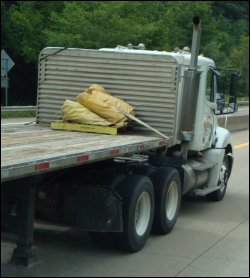 Fifth, you can choose a trucking company based on how much extra work will be required.
Fifth, you can choose a trucking company based on how much extra work will be required.
For example, some flatbed businesses require every load to be tarped.
Flatbed drivers typically have to exert a lot of physical effort in securing their loads via chains or straps.
Reefer drivers must monitor the temperature inside their refrigerated vans.
Does the trucking company you’re looking at require drivers to unload their own loads?
The term “no-touch freight” is important to a lot of drivers.
LTL (less than truckload) carriers may require their drivers to fingerprint (or handle) freight.
If you’ve got a bad back, you probably don’t want to go into trucking, much less drive for an outfit that requires you to unload the trailers.
Specialty Training
Sixth, some trucking companies require their drivers to have specialty training to haul their equipment.
Drivers who haul double 48′ trailers on the Florida Turnpike or Massachusetts Turnpike are a classic example.
Freight or Traffic Lanes
Seventh, what traffic lanes are used by the motor carrier you’re considering?
When we drove for Swift, we primarily stayed on I-40 and below.
When we drove for U.S. Xpress, we typically drove the northern interstates, I-40 and above.
If you don’t want to drive in snow and ice, then a trucking company with mostly southern routes may be your cup of tea.
Some routes may be rural, others more urban.
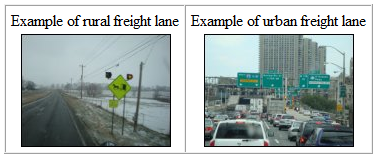
The extent of a carrier’s freight lanes may be an indication of their size.
If you prefer to work for a large company, don’t apply to a small one — and vice versa.
Smaller trucking companies may be more flexible than larger ones.
Packing Restrictions
Eighth, what restrictions will be placed on what you can pack in your truck and can you live with those restrictions?
For example, when Mike drove for Schneider, they forbade certain items that we had previously had on our personal packing list.
Pay Rate
Ninth, how much will you be paid for your work?
Examine mileage pay, layover pay, stop-off pay and a host of other types of employee benefits and bonuses.
Investigate what you must do in order to receive a sign-on bonus.
Some businesses pay drivers for referring other qualified drivers to them, as long as they meet the requirements.
Drop and Hook Freight
Tenth, determine what percentage of “drop and hook” freight your prospective company has.
The higher the percentage of drop and hook freight, the higher the potential is that their drivers can keep rolling and making money.
The time it takes for live loading and live unloading can bite significantly into driving time.
Home Time
Eleventh, determine the motor carrier’s definition of “home time.”
One of the trucking companies for which Mike has driven advertises that they get drivers “home weekends.”
Of course, depending on where the driver lives, he or she may only get home some weekends.
But that’s the chance you take when you hire on.
Some trucking companies make it a priority to get their drivers home for some portion of a weekend (if a driver wants to go home weekends), but that doesn’t mean two full days off.
There were times when we had a residence that Mike had not even been home long enough for a 34-hour restart before he has to take off again, but he made it home that weekend.
Other transportation businesses run their drivers into the ground, keeping them away from home just as long as they can.
In our opinion, those companies have a lot to learn about internal customer satisfaction.
Schneider National is a very large trucking company that at one time had a customer base boasting 2/3 of the “Fortune 500.” However, they could not and would not get Mike home every weekend when he worked for them, even though he asked repeatedly. The home-time and packing restrictions factors were eventually what caused him to leave. Since that time, Schneider has developed a “regional” fleet to get drivers home more often.
Reimbursements and Out-of-Pocket Expenses
 Twelfth, ask which expenses will be reimbursed (such as tolls).
Twelfth, ask which expenses will be reimbursed (such as tolls).
Will you as the driver be required to handle some expenses out-of-pocket?
If so, which ones?
Will you be expected to handle any tasks on a “do-it-yourself” basis (like truck washes)?
The Voice of Experience
Aside from all of the guidance above, ask plenty of questions.
Do not rely exclusively upon the word of company recruiters.
When the recruiter for Swift visited our truck driver training school when we were students, he talked about how sophisticated their trucks were, including having fax machines.
When we were hired, we never saw a single fax machine in any of the trucks!
If you can do so, read truckers’ message boards online.
Even more important, talk with drivers who are currently employed in the industry to see how they like working for their companies.
Ask questions like:
- What do you like about your trucking company?
- What do you NOT like about it?
- Does your motor carrier have an “open door” policy regarding conflict resolution, and how do they define “open door”?
- Is your trucking company open to suggestions regarding improvements in operations and driver services?
- Within your specific business, how many drivers on average does each driver manager oversee?
The economy fluctuates from being a company market to a driver market and back and forth.
When there is less freight to haul, fewer drivers are needed and trucking companies can be choosier about whom they hire.
Even so, you want to find an employer that offers the job that is the right match for you.
![]() Money saving tip: Do your research in advance to find the trucking company that works best for you.
Money saving tip: Do your research in advance to find the trucking company that works best for you.
Save yourself the expense and aggravation of going to work for a firm that is not a good match for you.
Certain expenses are tangible (such as if you relocate to take a particular driving job) while others are intangible but still very important (like the toll the job takes on your family).
Consider these things carefully before you hire on.
Return from On Trucking Companies and Choosing the Trucking Company for You to our Truck Driving Jobs page or our Truck Drivers Money Saving Tips home page.
Reference
1. http://www.truckinfo.net/trucking/stats.htm

